EU aid for Ukraine at the expense of millions of others in dire need of aid
Since the beginning of the war in Ukraine, European countries have focused their attention on providing support to Kyiv, whether it financially or militarily.
However, Europe's increased concentration on Ukrainian refugees has diverted resources away from other refugee crises around the world.
European countries are the largest donors of international aid. In recent years, European nations have been providing €50 billion per year to some underdeveloped countries that rely on foreign aid.
But since the beginning of the war in Ukraine, the aid earmarked for other countries was gradually cut and pumped into the war and the resulting crisis. The European Union has also agreed to add €2.1 billion to a fund severely depleted by the military aid for Ukraine in the war against Russia.
The so called European Peace Facility was set up last year to help the EU fund military assistance to its international partners. The fund's original budget of €5.7 billion was meant to last until 2027, but has almost completely run dry 10 months into the war in Ukraine.
The EU and its member states have so far committed about €8 billion of military support to Ukraine against Russia. According to the International Committee of the Red Cross 80% of the people in need of humanitarian aid live in 20 nations.
The huge amount of money splurged on Ukraine and Ukrainian refugees has come at the expense of millions of others in dire need of health care, education and food across the globe.
According to a new report over 300 million people, half of them children, are in need of desperate aid in some of the poorest and most conflict ridden regions on the planet. They have all been deprioritized following the war in Ukraine.
For instance, while half the population of Somalia was facing famine last year, the African country was only able to receive 68% of its requested funding after a one year wait. Ukraine, on the other hand, received the same amount in a matter of six weeks.
European countries have exhibited double standards regarding sheltering refugees from Ukraine and other nations, giving priority to the former.
For example, Denmark holds a firm stance when it comes to Syrian immigrants but has reversed its strict asylum policy so as to host Ukrainian refugees.
Or in the UK, the government cut all non essential aid in 2020, reducing its official development assistance from 0.7% to 0.5% of its GDI. The Center for Global Development says the reduced aid was spent on housing Ukrainians in the country.
Russia launched its military operation in Ukraine in late February following Kiev’s failure to implement the terms of the Minsk agreement and Moscow's recognition of the breakaway Donetsk and Luhansk regions.
At the time, Russian President Vladimir Putin said one of the goals of what he called a “Special Military Operation” was to "denazify" Ukraine.
Since the outbreak of the war Western countries have supplied large consignments of heavy weaponry to Ukraine, with the US topping the charts of supplies despite Russia's repeated warnings that it would only prolong the war.
In terms of overall spending on direct military support to Ukraine, the US has committed $18.5 billion, which is far more than any other country. Germany, the UK and Poland have pledged the second, third, and fourth, largest amounts to the war ravaged country, prompting many to argue that they seek to drag the war on.
Russian ambassador to the US Anatoly Antonov said last month that Washington sought to prolong the conflict to reap profit from its sale of military equipment and liquefied natural gas to European countries.
However, according to reports, as the war intensifies, the Arsenals are rapidly depleting, particularly in the USA.
Russian President Vladimir Putin had earlier criticized Western states policies, warning that they are increasing the risk of a global conflict. Putin also accused the west of exploiting Ukraine and using its people as cannon fodder against Russia.
Moscow has repeatedly denounced the West's military support for Ukraine since the war began. The Kremlin asserts Western countries are only adding fuel to the flames of war, adding that they do not seek to find a solution to end the conflict.
VIDEO | Press TV's news headlines
VIDEO | Iran honors top Science Olympiad medalists
VIDEO | Austrians arrested at Gaza protest in Vienna
10 killed in bus crash in western Iran
VIDEO | One-man-band journalism with Civili
5 Israeli forces killed as Palestinian fighters face up to regime’s war machine
VIDEO | An insider's view of the country: Persian Tahini, Royan in Mazandaran
VIDEO | Israeli settler killed during strike against Tel Aviv; fresh aggression targets Yemen’s capital


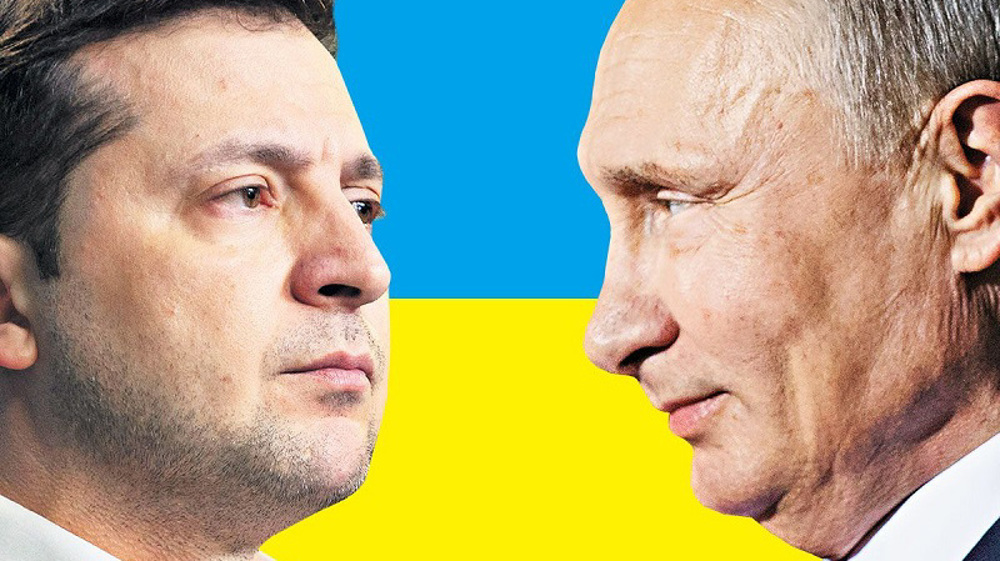
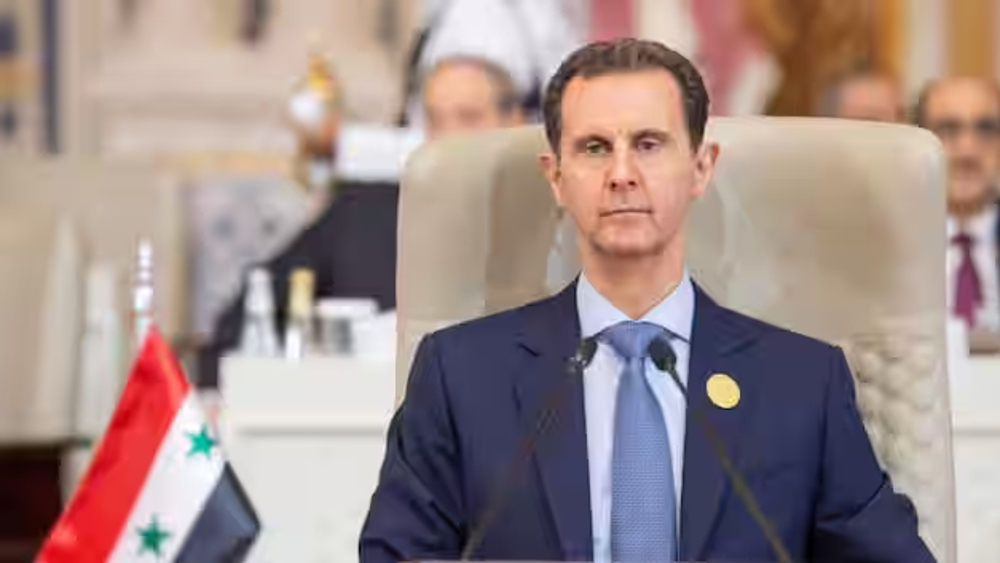

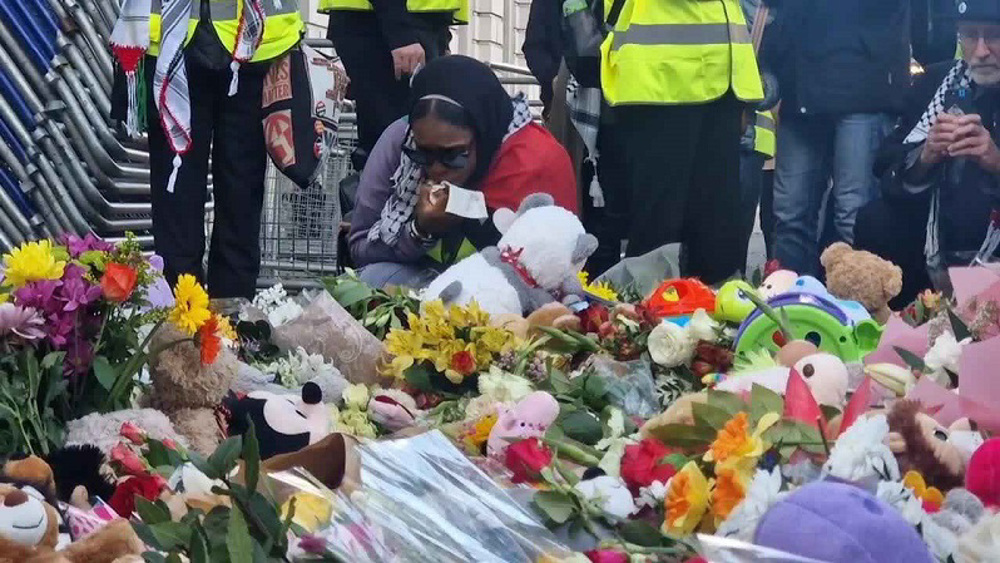



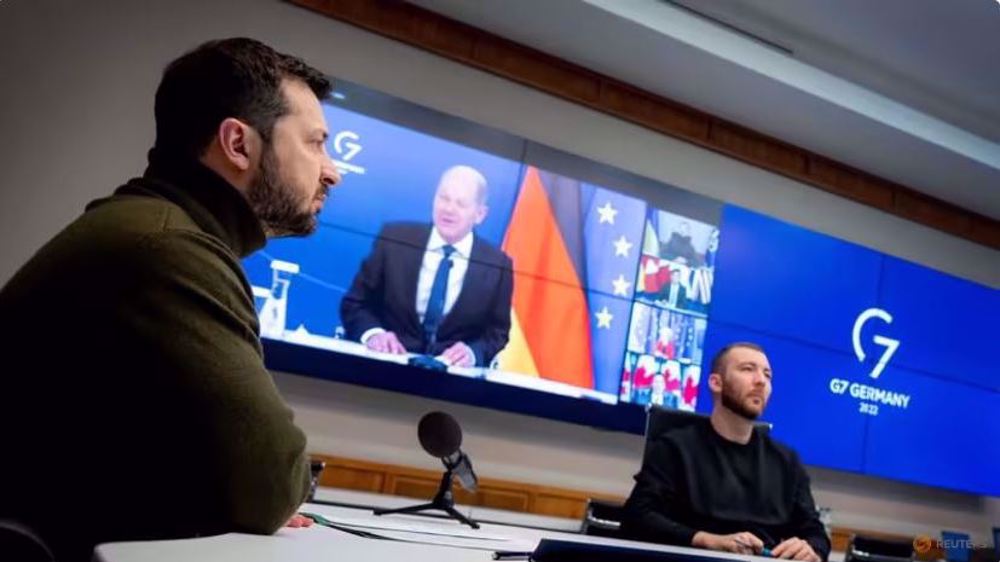
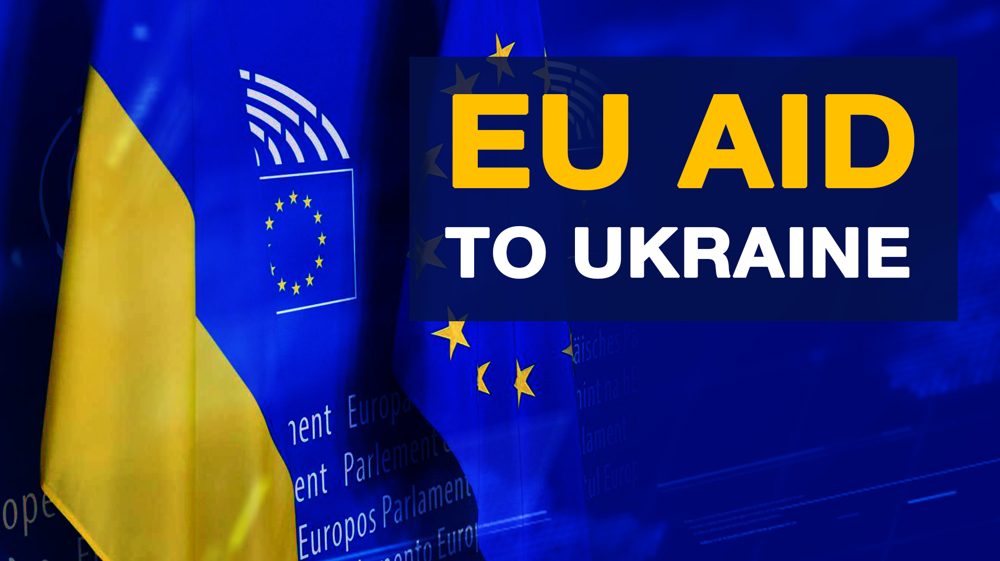
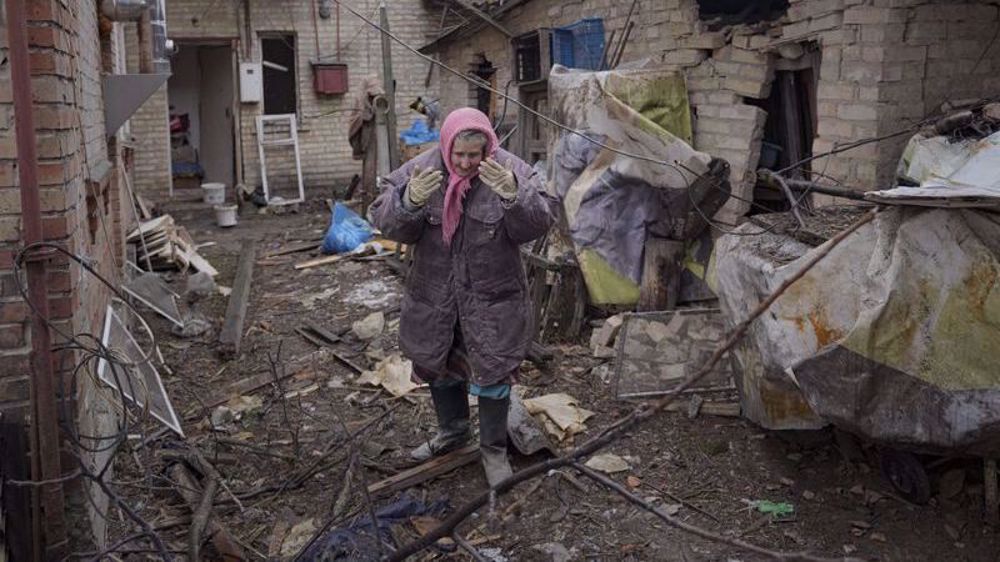
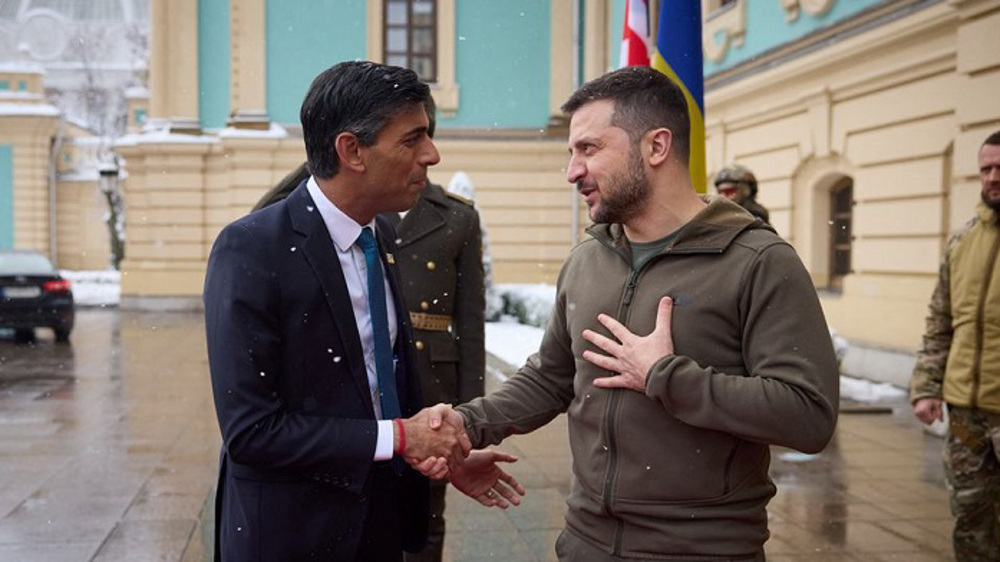
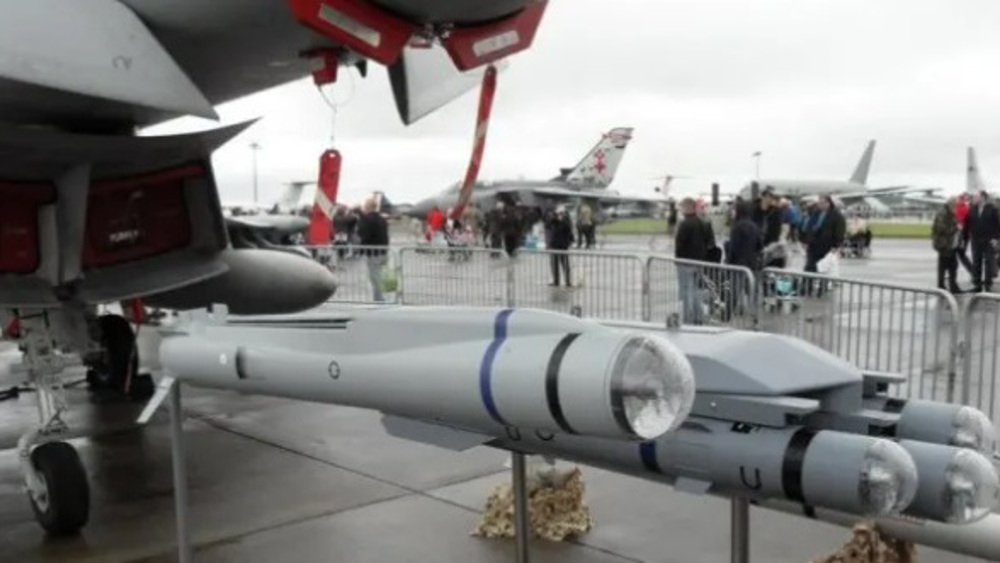
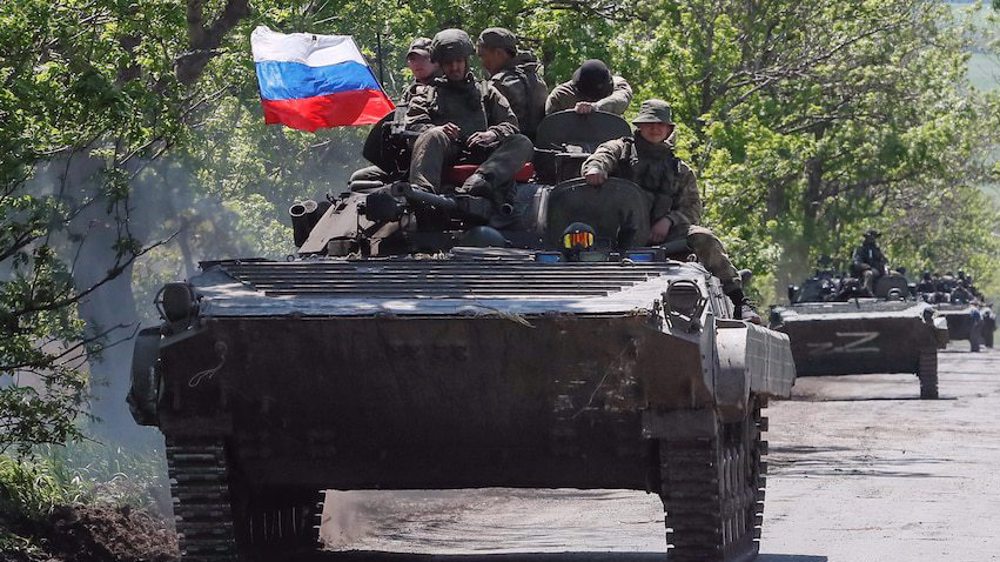
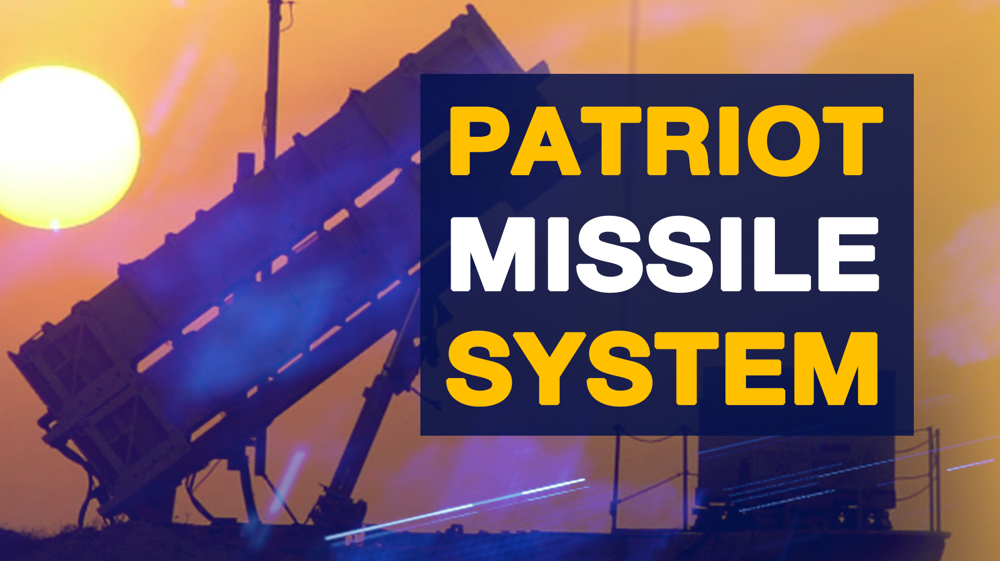
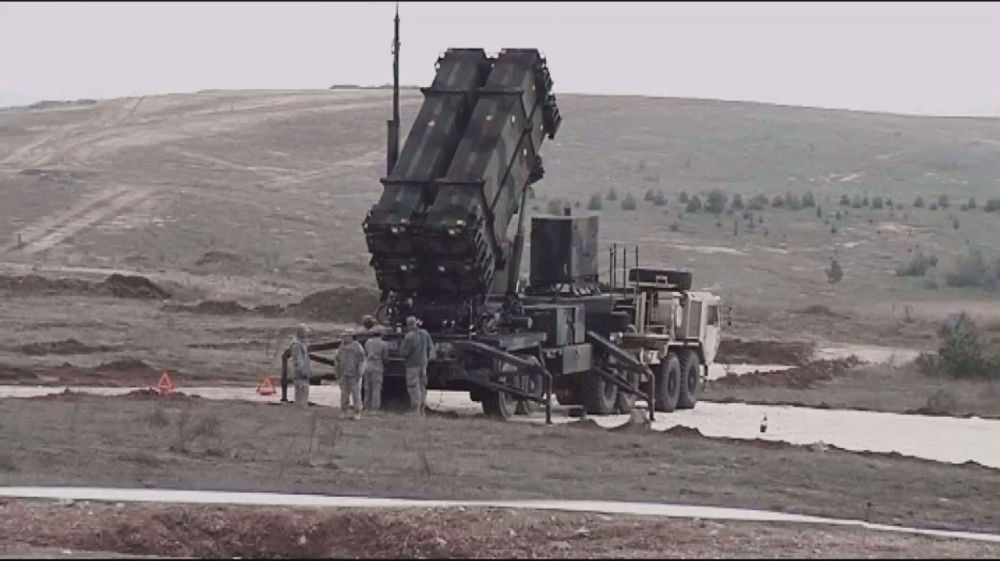
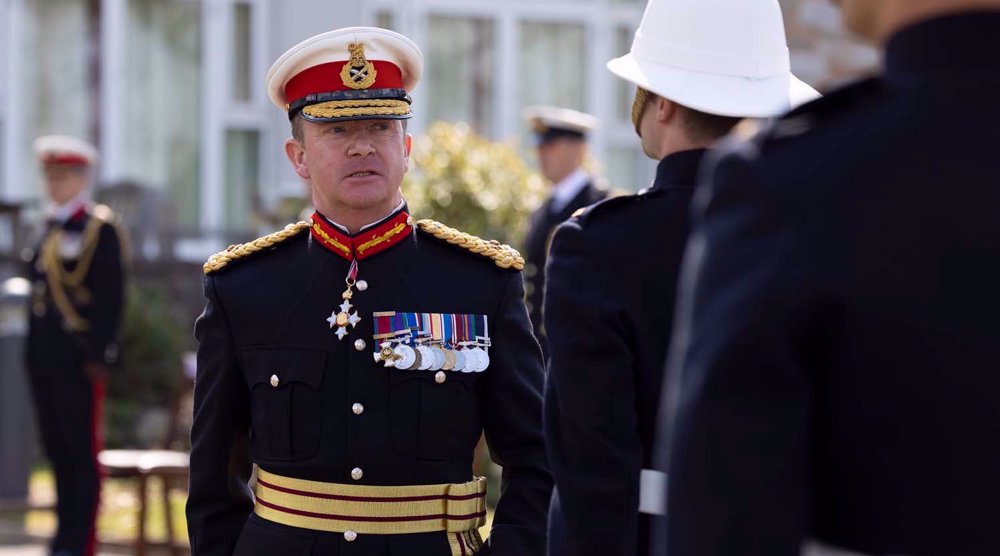
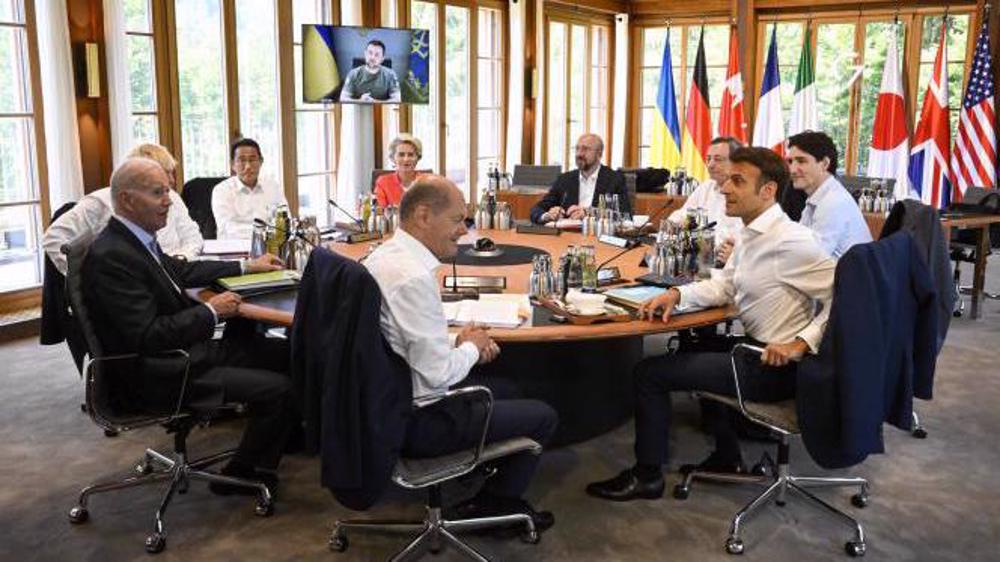

 This makes it easy to access the Press TV website
This makes it easy to access the Press TV website